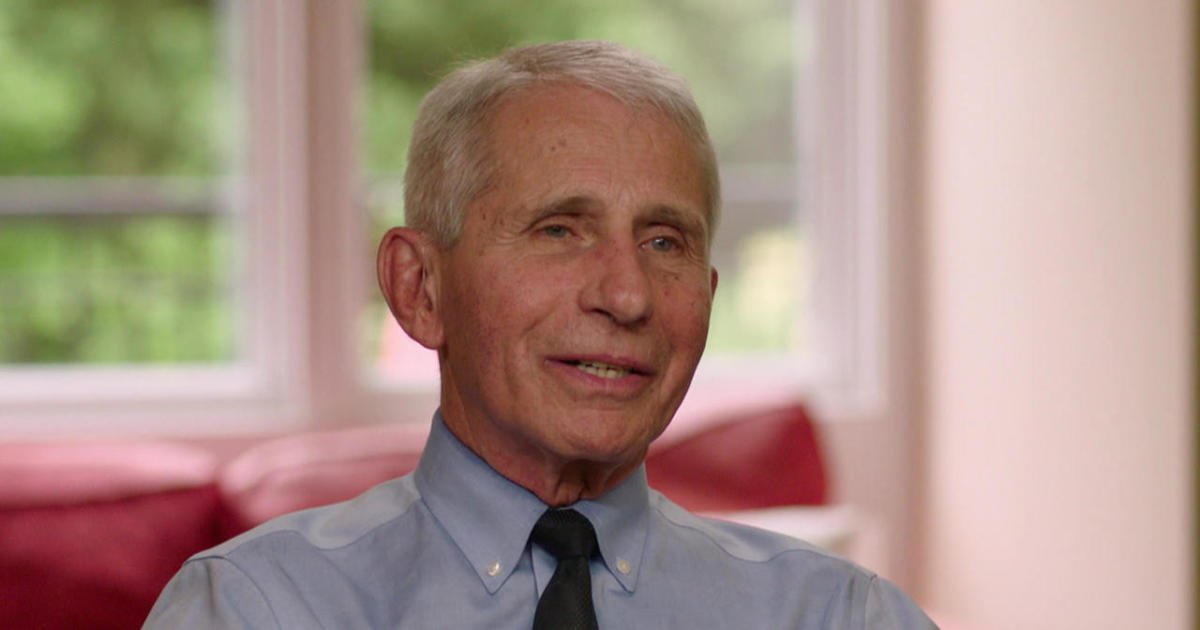The Environmental Protection Agency is banning most uses of a toxic chemical often used to refinish furniture and bathtubs that has been linked to dozens of deaths since 1980.
The agency announced a rule Tuesday that will limit all consumer uses of methylene chloride, as well as most industrial and commercial uses. Exempted uses include those “highly industrialized and important to national security and the economy,” such as climate-friendly coolants and parts for electric vehicles, according to the EPA.
The EPA is restricting use of methylene chloride roughly six years after a CBS News investigation prompted three major retailers — Home Depot, Lowe’s and Sherwin-Williams — to agree to pull products with the chemical off their shelves by the end of 2018.
Methylene chloride is known to cause a range of cancers, as well as neurotoxicity and liver damage, while direct exposure can lead to death, according to the EPA. At least 88 people have died from acute exposure to methylene chloride since 1980, most of them who were refinishing bathtubs or stripping paint, the agency said. The fatalities included trained workers who were equipped with personal protection equipment.
“Exposure to methylene chloride has devastated families across this country for too long, including some who saw loved ones go to work and never come home,” EPA Administrator Michael S. Regan said in a statement. “EPA’s final action brings an end to unsafe methylene chloride practices and implements the strongest worker protections possible for the few remaining industrial uses, ensuring no one in this country is put in harm’s way by this dangerous chemical.”
The sweeping restrictions come a year after the EPA proposed the ban, citing the known and potentially deadly health risks of methylene chloride, which is also used to make pharmaceuticals and refrigerants. It also follows the EPA’s move earlier this month to limit so-called “forever chemicals” in tap water.





